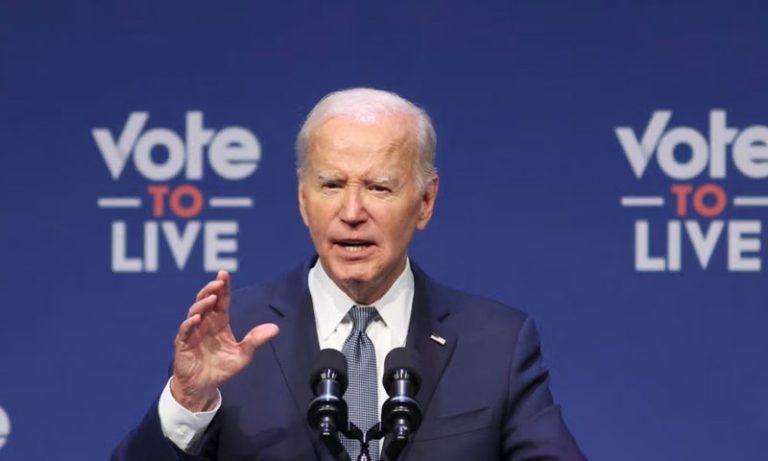Australia Passes Historic Law Banning Social Media for Children Under 16

Australia: Australian lawmakers have approved one of the world’s toughest crackdowns on social media, passing a historic law that bans children under 16 from using popular platforms like Facebook, Instagram, and X (formerly Twitter). The legislation, passed by the Australian Senate on Thursday with 34 votes in favor and 19 against, mandates social media companies to take responsibility for keeping minors off their platforms.
The new law requires tech companies to take “reasonable steps” to prevent underage users from accessing their platforms. Failure to comply could result in fines of up to 50 million Australian dollars (approximately 30 million USD). However, the companies have criticized the law as vague and rushed.
Following Senate approval, the bill will be sent back to the lower house of parliament for final approval. It is expected to become law soon after, with some provisions already supported by lawmakers in the lower house.
During the Senate debate, Sarah Hanson-Young, a member of the Greens Party, argued that the ban would not make social media safer for young people. She highlighted the dangers of harmful algorithms that could negatively affect the mental health of minors. Prime Minister Anthony Albanese strongly supported the new law, emphasizing the need to protect children from the pressures and dangers of social media, describing platforms as sources of stress, deceit, and online predators. He also urged parents to back the legislation and encouraged young Australians to focus on outdoor activities like cricket, tennis, and swimming instead.
However, some young users, like 12-year-old Angus Lydem, expressed disappointment with the ban. He said that not being able to use social media would feel “strange” and predicted that many teenagers would find ways to bypass the restrictions. Similarly, 11-year-old Elsie Arkensthal, who enjoys watching baking and art tutorials online, argued that children should still have access to social media for educational and creative purposes.
While the law is being hailed as the strictest of its kind, there are concerns about how it will be enforced. Experts fear that it may become a symbolic law without effective implementation. The government is expected to take at least a year to develop the details of the law, and some platforms like WhatsApp and YouTube might be exempt due to their educational and recreational uses for children.
The law is likely to attract attention from other countries, many of which are considering similar measures. From Spain to Florida, lawmakers have proposed social media bans for minors, but none of these proposals have been fully enacted yet. Meanwhile, China has already implemented strict restrictions on social media use for minors since 2021, limiting screen time for under-14s on platforms like the Chinese version of TikTok, “Douyin.”
The passage of this law in Australia marks a significant shift in the global conversation about online safety for young people.




